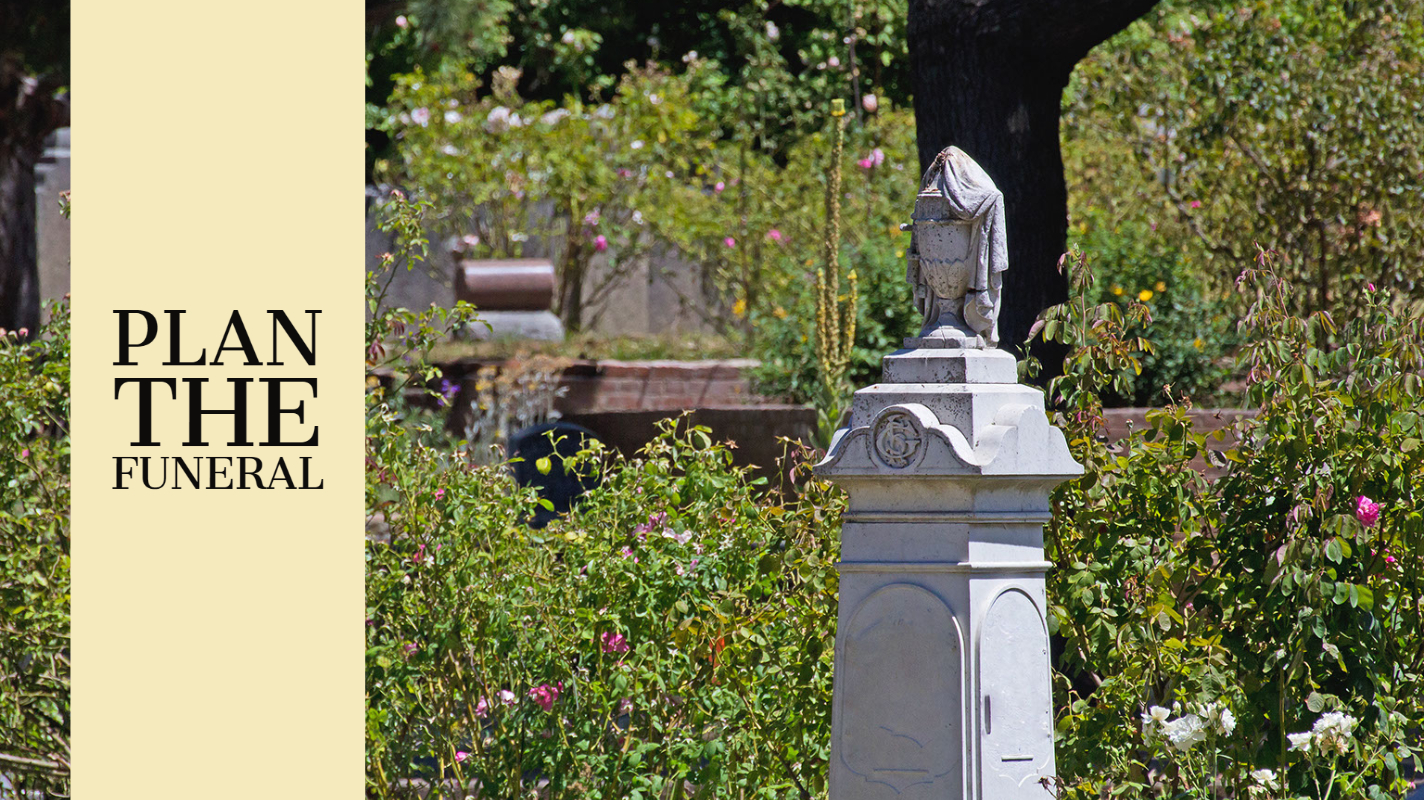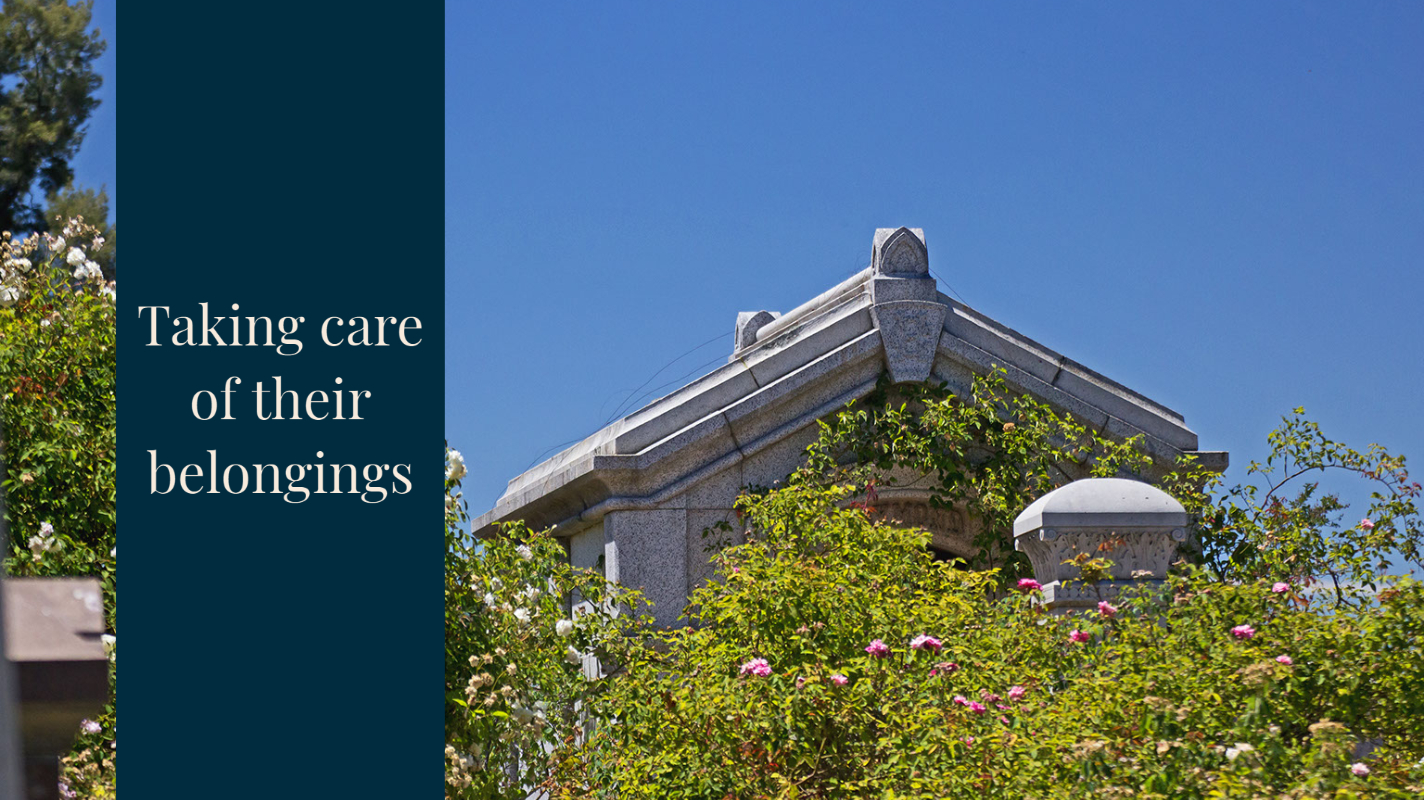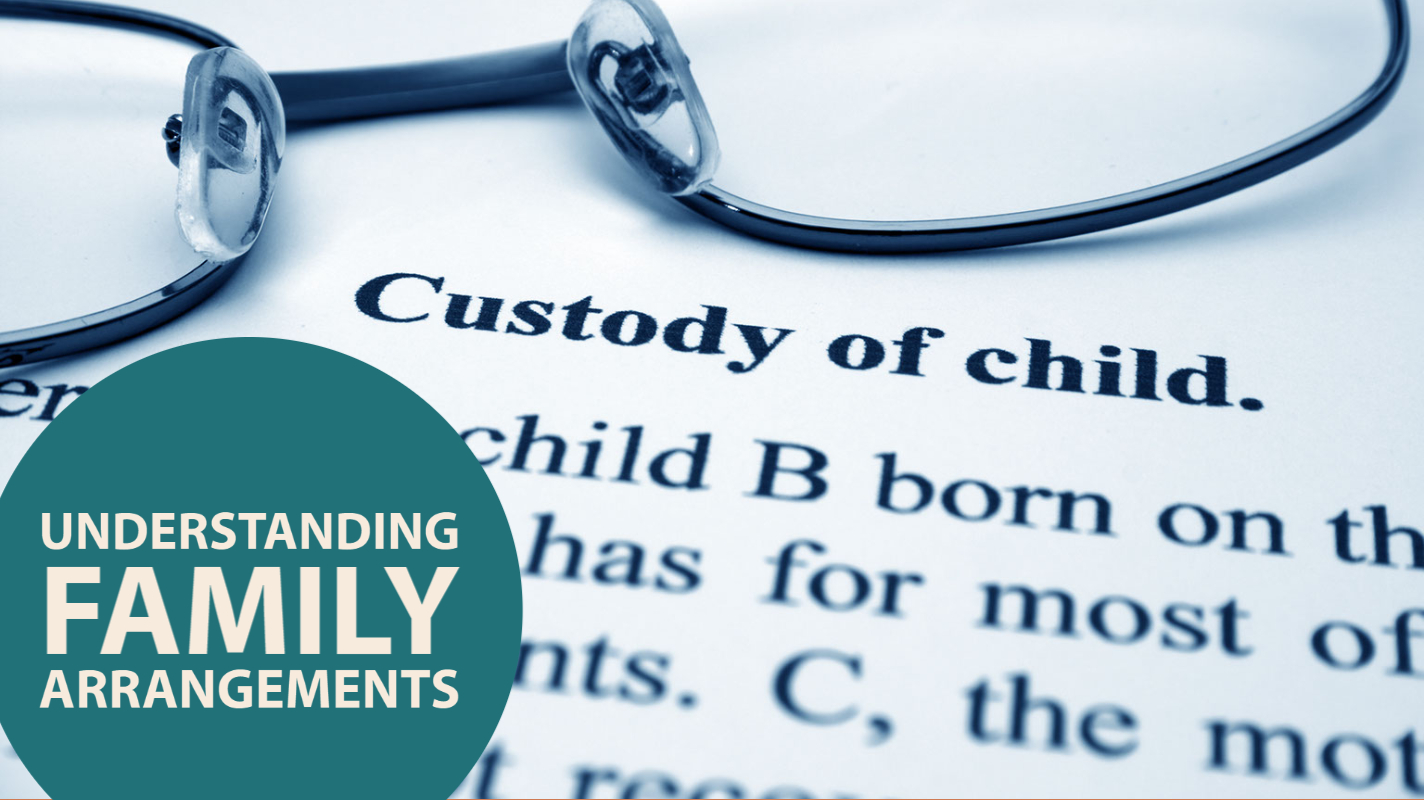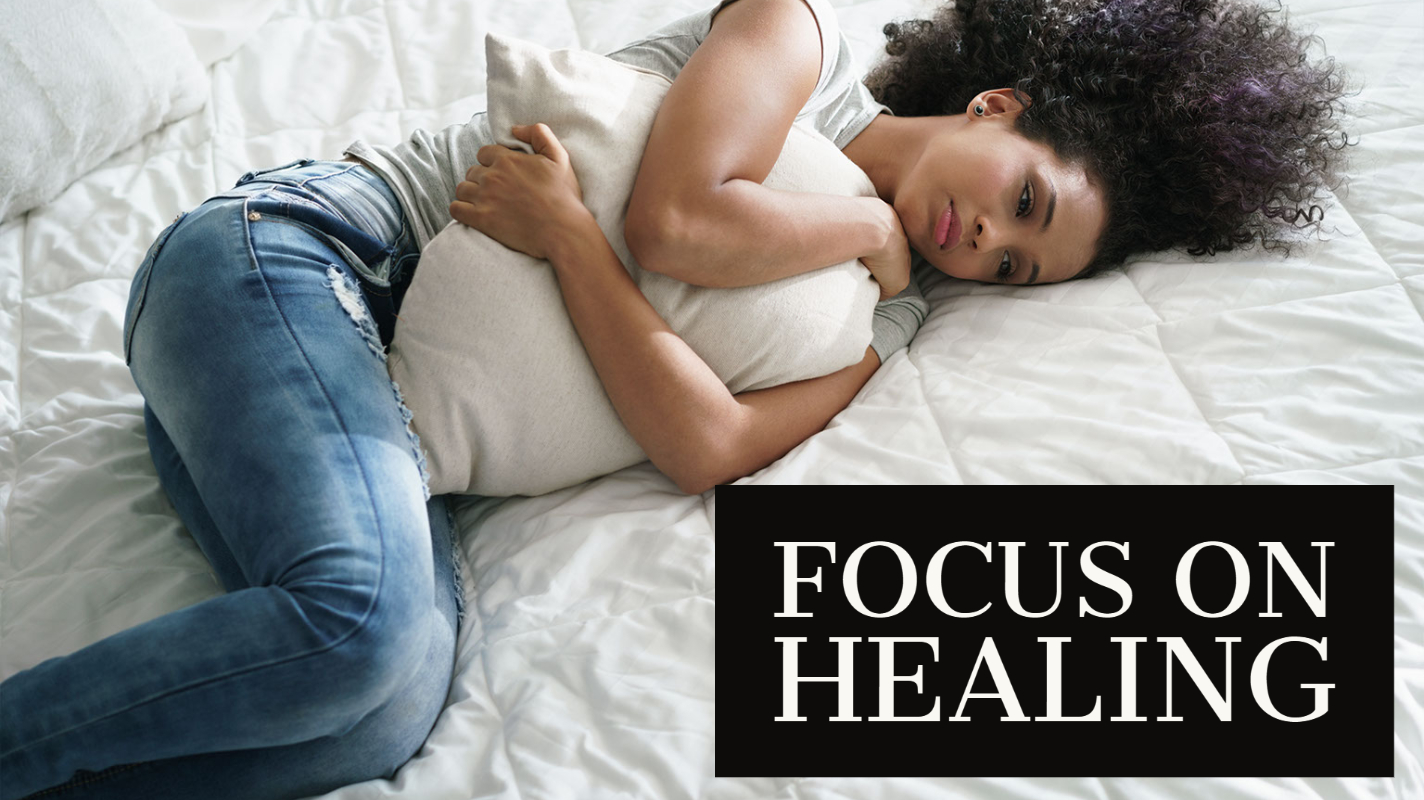

No one wants to think about the logistics after a death in the family, but that is, unfortunately, a reality most of us will face at some point. Amid the heartbreak, there are pressing matters that we have to take care of for the sake of those who survive the deceased relative.
These arrangements can seem especially overwhelming in a moment of grief. The stark reality is that some things related to passing are expensive. The cost of cancer care alone is on the rise, reaching almost $174 billion by 2020.
That figure is just one potential cause of death. There are others that require different types of care, different medications, and different medications. Beyond that, there are costs and complications associated with funerals and burial. Many families even need the assistance of a lawyer for some aspects of the logistics after a family member passes.
Here, find six steps to take after a loved one dies so you and your family can get through this difficult time.
1. Planning the Funeral
One of the first steps to take after a loved one dies is planning funeral services. This is certainly not an appealing task and grief can make it even harder, but it is crucial in order to bring you and your loved one’s closure.
If your loved one had a legal representative, you should contact them first. It is possible your loved one already made some requests or arrangements pertaining to their funeral. Either way, however, you will need to choose a funeral home. One that is convenient for family and friends can allow more people to say their goodbyes.
The funeral parlor will offer you several options when it comes to the details of the event itself. You will get to choose everything from the casket to the type of service to the form of disposition.
Having all of these decisions on our plate when you are going through a difficult time can be overwhelming. If you need to, pause for a moment, take a breath and take a little more time with these choices. If you are feeling pressured, you may not be working with the right type of funeral home for your needs.

It is also good to delegate some of these tasks if you can. If you have friends, family, and other loved ones also helping to arrange the funeral, see if you can divide the planning into smaller pieces and spread around the burden. This could make it easier for everyone when you have to deal with so many logistical considerations during a difficult time.
Clearly lay out the steps to take after a loved one dies so that they know what the overall plan is and can take on whatever they are comfortable tackling right now. Everyone reacts to grief differently. Some people may be overwhelmed, while others will launch into frantic action.
Other tasks you may not realize go along with a funeral are arrangements like flower delivery and food catering. These little details may not be at the forefront of your mind in this moment, but they will make a difference to the people who wish to come and pay their respects.
2. Figuring Out What Has Already Been Planned
We mentioned this briefly above, but one of the steps to take after a loved one dies is figuring out how much they might have planned before they passed. If they have a legal representative, that is the best way to figure out if there are already plans in place for their funeral and such.
Many people take an active part in their end of life planning near the end of their life. This is especially true for folks who know they have a serious medical condition. Many people take comfort in preparing things for their loved ones before they pass.
End of life planning can have a big impact on all the logistics the family is trying to deal with now. That’s why it’s important to have this information if you can get it. It may ease some of your burden; it may merely give you some guidance for how to proceed.
For example, some people will designate whether they’d like to be buried or would prefer cremation. If your loved one already discussed cremation arrangements, you will need to respect their wishes in this regard and follow through with that. Again, their legal representative should be able to assist you with this.
3. Dealing with Belongings
When it comes to end of life planning, physical property is a huge concern. You and your family will likely have to deal with your loved one’s belongings now that they’ve passed. It is likely they have some sort of will or another document that lays out their wishes for at least some of these materials.
A will can take some of the hassle out of this, but dealing with possessions and cash is a complicated matter. This can be one of the most difficult steps to take after a loved one dies, both due to sentimental value and logistical complication.
A will only get you so far. If there are disputes or confusion, you may need the assistance of a legal professional to untangle the details. If your loved one already had a lawyer who worked with them on this, you could be in luck and have a good advocate there who can help.
Depending on how much stuff your loved one possessed, you may even want to simply get rid of some of it. You can look up where to sell jewelry and other valuables that may be worth some cash, but there is likely a lot that simply isn’t useful to anyone anymore.

This is why some people hire an estate liquidator after a loved one passes. These professionals can go through your loved one’s possessions and appraise, price, and sell off their belongings. This may result in some funds you can use for arrangements such as the funeral. It can also help to simply get all those belongings off your hands.
Whatever route you go, be aware that dealing with belongings will be high up on the steps to take after a loved one dies. All of those belongings cannot simply sit around or get meted out in a will. You will likely need to sell off at least some of it.
4. Dealing with Money
Even with selling off a loved one’s goods, there could be additional concerns and complications when it comes to money. Funerals, caskets, and medical care are unfortunately not cheap. Even with several people pitching in together to help, dealing with all of those costs can be a large burden.
This is why dealing with money is fourth on our list of steps to take after a loved one dies. It will come up naturally at several points in this process, but here is a time for you to pause and assess what you need in order to continue the process.
Depending on the person’s financial situation before they passed, you may be more or less set up to handle their final expenses. It can be challenging, but do what you can do to ascertain what insurance might cover, especially when it comes to hospital bills and medical costs. Those costs will need to be paid by someone, even with your loved one gone.
Aside from selling off belongings, you may find that your loved one prepared for some costs via their will. It is good to see how much might be covered that way. The thought of needing hundreds or thousands of dollars because a loved one passed can be absolutely crushing while you are also dealing with grief, but it could be that some costs are already covered. Before getting too overwhelmed, see what money is already available to you to help with all these costs and arrangements.
One place to look is social security. Depending on the age of your loved one, they may have been receiving social security benefits and those benefits may be able to help you now. Checking out social security is one of the best steps to take after a loved one dies. Many of us haven’t started thinking about this yet because we believe we are too young to worry about it, but some of our loved ones do get these benefits and they can help us as well at a time like this.
If you are unsure how to go about this or even where to begin, talk to a social security advocate. They can help you figure out your loved one’s situation and whether any of that help can assist you now.
5. Handling Family Arrangements
Speaking of family, that may be a complicated discussion in the wake of a loved one’s passing. Depending on the person’s situation, you could be dealing with complicated challenges now.
This can be put off a little longer than the immediate needs like medical costs and funeral arrangements. However, you will inevitably have to confront the reality that family arrangements are one of the steps to take after a loved one dies.
This can be especially complicated if the loved one had younger children. Depending on their situation, you might need to talk to child custody lawyers to figure out arrangements for any dependents your loved one had. This is not only difficult, but also delicate, especially with your whole family likely contending with their loss.

When it comes to something like this, defer to the lawyers. They can handle these delicate and trying conversations like professionals and ensure a neutral outcome while emotions are running high. It is OK to turn to experts at this time of grief in order to have a level head on your side.
This is not the only cause for a lawyer, of course. We mentioned some situations above that may call for legal expertise – such as divvying up belongings or dealing with a will.
A family law attorney is the professional who is best positioned to assist in this regard. Do not be afraid to hire a family lawyer for all these legal logistics, as well as things like sorting out a will. There is no shame in needing legal help right now. Even if the will seems cut and dry, it never hurts to have a legal professional actually comb through and ensure everything gets sorted out appropriately.
6. Contending with Cause of Death Itself
Our last item on our list of steps to take after a loved one dies is contending with the cause of death itself. We place this last because there is so much else that is more urgent and more pressing. Plus, this may be a difficult topic to broach right now.
When you can, however, it is important to face this concern head-on. If your loved one might have suffered any kind of wrongful death, you should talk to a wrongful death attorney. It is possible you and your family are owed some sort of damages or recompense for what they suffered.
This can be a lot to take on right now. It isn’t a good move to tackle this at the height of your anger or grief, but when you can, it is an important step to take. You and your family deserve justice, as does your loved one. If there was a wrongful death, that should not be overlooked and brushed aside.
Some wrongful deaths are more obvious than others. For example, your loved one might be caught up in some sort of car accident. In this case, you could talk to an auto accident attorney specifically and not just a general wrongful death attorney. Lawyers specialize in their fields. The more specific you can be, the better legal counsel you will get in return.
Healing and Moving Forward

Healing is not something that happens all at once. Dealing with all the logistics can be a comfort to some, a burden to others. Take your time and follow the steps to take after a loved one dies so you can navigate this difficult time as gracefully as possible.
Some of the most important things to keep in mind are simply to reach out for help when you need it and talk to experts as you can. There are people who can help you through this situation so that you and your loved ones can heal.
Leave a Reply
You must be logged in to post a comment.